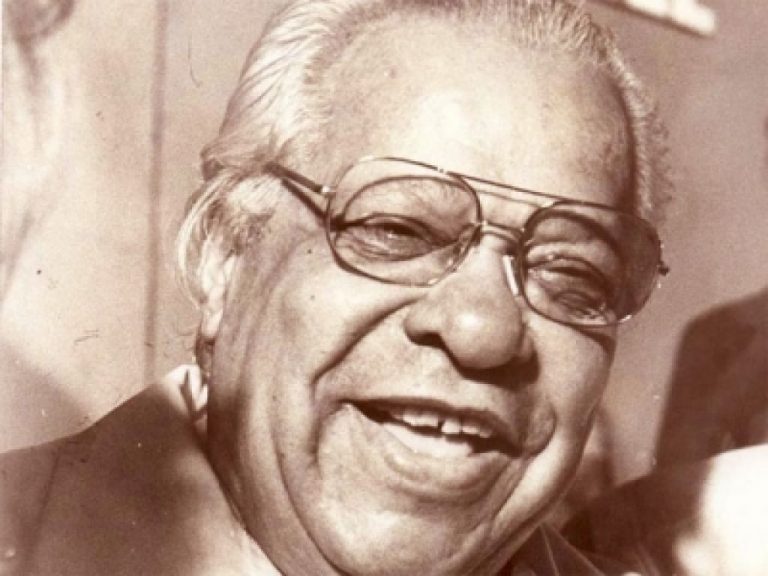The son and the rhymes in favor of the black and the oppressed always remind us of the national poet, but also the sad and less known prose of him has a reason.
Where does the suffering come from?
At just 15 years old, his family went under, without many options at the time, the young Nicolás and his brother had to seek employment and support the family. The heartbreaking story plunged them into heartbreak.
Who was his father?
Juan Nicolás Guillén Urra was a journalist and mambí, a native of Camagüey, who at the end of the war had reached the rank of second lieutenant.
He was the founder of the newspaper Las Dos Repúblicas, he was also closely linked to the workers’ circle of Puerto Príncipe, constituted under the principle of solidarity among all workers.
In March 1901, he closed ranks with the group headed by the prestigious General Maximiliano Ramos González, condemned the imposition of the Platt Amendment and incorporated Las Dos Repúblicas into the great civic battle that the Cuban people were waging to defend their sovereignty and absolute independence.
Together with Gustavo Caballero Arango, he was one of the figures who organized the armed uprising of February 1917, against the Menocalist government, known as “the uprising of the Chamberlain”.
What was the war of the Chamberlain?
In February 1917, José Miguel Gómez, Major General of the Liberation Army, second president of the Republic of Cuba and leader of the Liberal Party, rose up against the also Mambí General Mario García Menocal, who at that time was the President, he used fraud, all the resources and privileges of his high hierarchy, to be reelected, snatching the victory from the candidate of the Liberals: Dr. Alfredo Zayas.
A sticky conga ridiculed them and remained forever in the cultural memory: Aé, aé, aé La Chambelona!
Menocal para Chaparra,
Marianita pa’ la zona.
¡Aé, aé, aé La Chambelona!
How did we get to that story?
A group of colleagues from the OHCC, leaving the cemetery on the first street, we just stopped in front of an obelisk that captivated us by its sober elegance. “In homage to the comrades who fell in 1917 for defending the honor of this land”.
We began to decipher who it was making reference to and the historian Kesia Henrry sowed our curiosity, she said that she was reminded of the death of Guillén’s father in the war of the Chamberlain. She referred us to the text Turned Pages (1982).
Turned Pages
The passages of the memoirs in which the poet recalled his father’s political position and the way his mother learned about the murder, just from a newsboy announcing the headline in front of his house, made her lose her mind forever.
Hence his poem; “I don’t know why you think, / soldier, that I hate you, / if we are the same thing, / I, you …” –
According to the historian and essayist living in Mexico Rafael Rojas, Guillén did not hesitate to identify the soldiers of that new army, which emerged from the 1933 Revolution, with those of the old army of the Menocal government, which ended the 1917 liberal revolt in Camagüey, where his father died.
New approach
With this unhappy anecdote about the Guillén family, we can better understand their position and their voice in favor of the poor, the mestizos and their respect for the soldiers who, like his father, try to defend justice and the dignity of their people.
Translated by: Aileen Álvarez García






